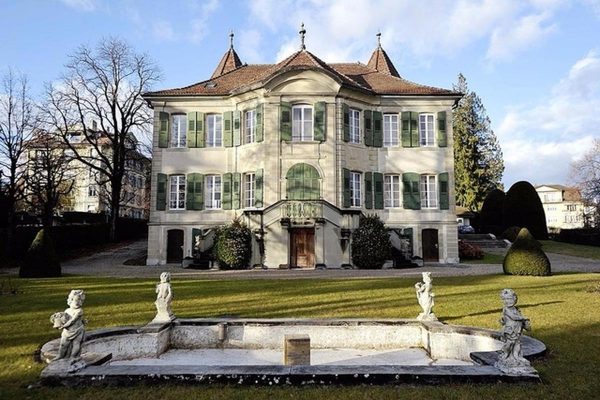Context:
Recently, an Indian wrestler appealed to the tribunal to award her a joint silver medal after she was disqualified from the Paris Olympics.
More on the news
- Indian wrestler initially wanted her gold medal bout to be reinstated which was rejected by the Court of Arbitration for Sport (CAS).
- CAS has opened two temporary offices in Paris for the Paris Olympics.
- The first, the CAS Ad Hoc Division, will resolve any legal disputes that arise during the Games. This temporary tribunal has operated at every edition of the Summer and Winter Olympic Games since 1996, as well as at other major sporting events.
- The second temporary office is for the CAS Anti-Doping Division which will adjudicate anti-doping related matters arising during the Games.
Court of Arbitration (CAS)
- CAS was established in 1984 as an independent institution that facilitates the settlement of sports-related disputes through arbitration or mediation.
- Its decisions have the same enforceability as judgements of ordinary courts.
- An award pronounced by the CAS is final and binding on the parties involved. Its decisions have the same enforceability as judgements of ordinary courts.
- CAS has its headquarters in Lausanne, Switzerland. It has additional courts in New York (USA) and Sydney (Australia).
The International Council of Arbitration for Sport (ICAS) created in 1994 under the ‘Paris Agreement’ is the supreme organ of the CAS.
- The main task of the ICAS is to safeguard the independence of the CAS and the rights of the parties. To this end, it looks after the administration and financing of the CAS.
- In 1996, the ICAS created two permanent decentralised offices, the first in Sydney Australia, and the second in Denver, in the United States of America.
How does the CAS arbitration procedure work?
- Any individual or legal entity with the capacity to act may have recourse to the services of the CAS. These include athletes, clubs, sports federations, organisers of sports events, sponsors, or television companies.
- Once the arbitration request or statement of appeal is filed, the respondent submits a reply to the CAS.
- After any additional exchange of statements about the case, the parties are summoned to a hearing to be heard, produce evidence, and argue their case.
- The final award is communicated to the parties some weeks later unless it is pronounced the same day (under the appeals procedure).

